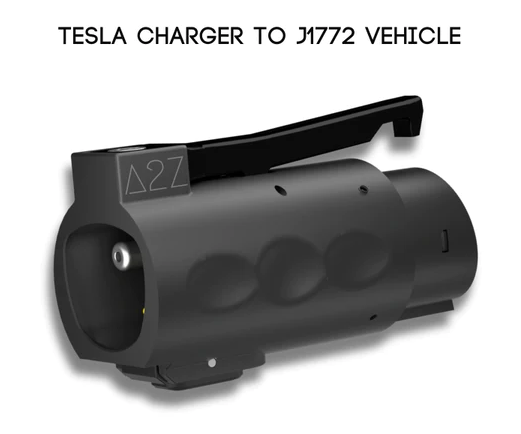I have one of these J3400 to J1772 adapters so I can connect my Hyundai to a Tesla destination charger. They’ll probably get more popular as J3400 becomes the primary standard:

I’m curious what would actually happen if someone were to use such an adapter with a J3400 DC fast charger. I know it can’t possibly work because the DC charging pins are connected to the vehicle’s AC pins, but is there something in the J3400 standard to notice and reject such an adapter before DC voltage is applied?
I’m not sure if J1772 vs. CCS1 adapters contain anything that the signalling protocol could use to identify which is which. If the DC charger were required to passively measure the battery voltage before sending any power, that would probably avoid the “magic smoke” problem, but does the standard guarantee that this will happen?


How would the J1772 adapter force the vehicle or charger to speak the J1772 protocol? Both ends support the CCS protocol and the adapter is presumably passive.
That’s a good question. There will have to be something to prevent DC from being applied to the j1772 pins when using the wrong adapter.
I haven’t seen any technical info on how the DC adapters will work. I’m just guessing, but I would assume that the DC adapters will be active and take part in the handshake between car and charger. If you try to use a passive adapter, one side or the other would determine that the DC pins are not physically connected and refuse the handshake.
So, magic!